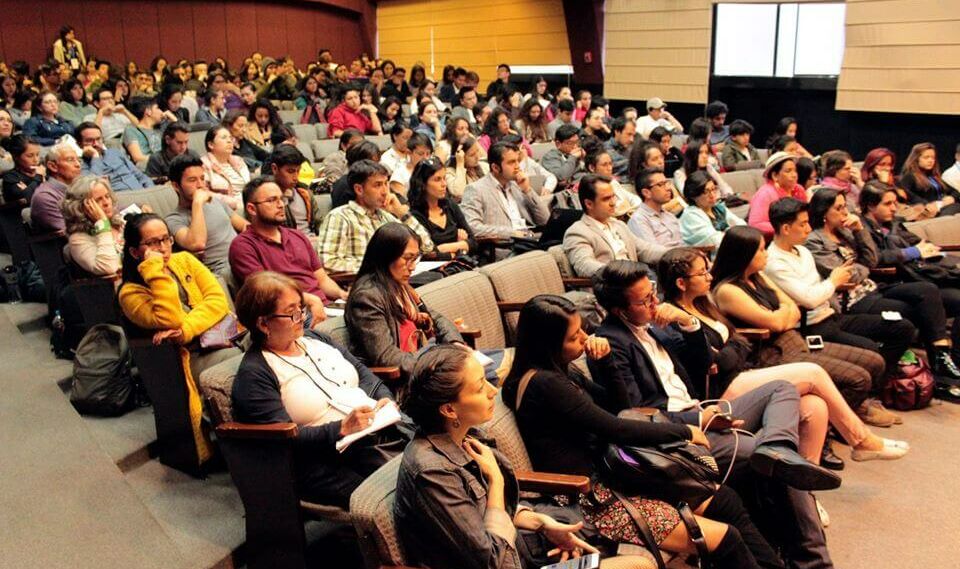An Exploration of Feminist Economics

In November 2019, the Economics Department of Pontifica Universidad Católica del Ecuador in the Capital of Quito hosted the 9th International Week of the Economy, an event where academics, feminist collectives, social organizations, and research groups looked at Economics from a feminist perspective. The event’s main objective was to examine the contribution of Feminist Economics to the field of Economics as a whole. This included analyzing the socio-economic conditions of women in both productive and reproductive work. The event also looked into studying and evaluating public policy proposals, and institutional mechanisms meant for equality and the transformation of the economy.
The neoclassical economic model has been the main framework for explaining the current economic system. In past decades, this model has been harshly criticized for its deficiencies, especially for its erasure of women. This includes their contribution to the economic system and the omission of the care economy in its economic concepts. Women continue to be at the helm of raising children, as they spend more hours on domestic work, taking care of their families, especially when they’re sick, disabled, or elderly. Classified as “care labour”, is often if not always unpaid and therefore does not exist in traditional neoclassical economics. This is despite the fact that it plays a crucial role in social reproduction and indirectly ensures the markets’ sustainability and functioning.
Feminist economics is a school of thought that opposes the fundamentals of neoclassical economics. It is an ethical-political framework for social transformation, it supports the construction of a more just and equal economy that does not exclude or discriminate any sector of society.
Feminist Economics seeks to amplify the wider socioeconomic vision by allowing a more integral and humane comprehension of the economy. Not only does it integrate remunerated work into its concepts, but also integrates unpaid work, highly critical in society’s subsistence, well-being, and reproduction. Additionally, it highlights parts of the economy that have been neglected by traditional economic models and includes women’s contributions to the economy, especially their private domestic work, unpaid work, and care labor.
Feminist economics places the reproduction of life at the center of its analysis.
The existence of events such as 9th International Week of the Economy, shows the deep impact feminism and those who carry its torch, has made on social, political and economic structures in today’s society. Feminists’ role in current demonstrations of social upheaval and massive resistance all over the globe have helped raise awareness and create spaces to discuss a spectrum of gender perspectives.
About the Author
Helen Littler-Handlos is an intern at FES-ILDIS Ecuador.
About FES Connect
Connecting people, in the spirit of social democracy, we source and share content in English from the German and international network of the Friedrich-Ebert-Stiftung.




